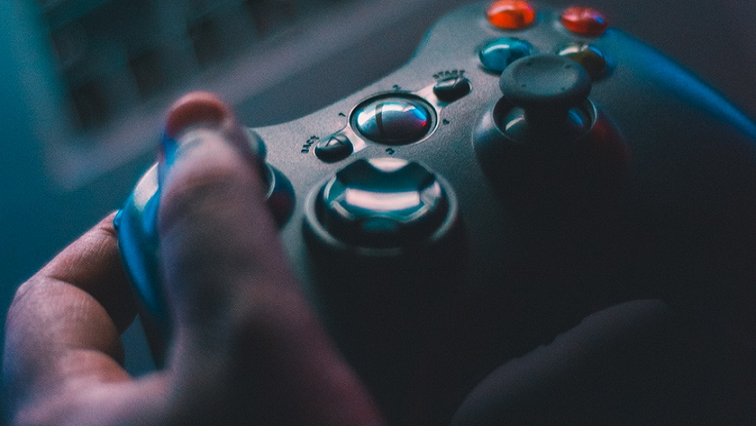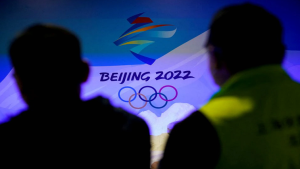As parents we raise our children with the belief and hope that they will always be safe no matter where they go. But it appears that the predators are often closer than expected. Games and films filled with violence are in our homes, on the Internet and on our smartphones. But does media reflect a violent society, or does it play a role in perpetuating violence and sexual abuse in society?
Philosopher, Thomas Kuhn, believed that our reality is influenced by the lens of the conceptual scheme through which we observe this reality. So, when a conceptual scheme shifts, so does our reality. It is not the facts that have changed, but our perception of those facts.
Recent events around Gender-Based Violence (GBV) resulted in an upswell of public sentiment from South Africans who have had enough of the specific lens through which women’s issues have been viewed. This lens being one of patriarchy – a system where men hold primary power, keeping women in subjugation.
Abuse and violence against women remain a reality within a society based on this type of inequality, but is the paradigm of patriarchy slowly shifting? Voices are now louder and ring more true, with social media as its powerful amplifier. Although this opposition has been ongoing for many months since the rise of the #TotalShutDown Movement and the Summit on GBV and Femicide, the tipping point came in an especially traumatic week in September 2019.
The killing of student, Uyinene Mrwetyana, and several other equally gruesome cases of violence against women spawned several social media hashtags and marches in major metropoles. At these gatherings, women cried out that they are not mere objects; that patriarchy needs to stop; that they are not the property of men; and that they cannot be used by men to release their frustrations and fantasies.
As parents we raise our children with the belief and hope that they will always be safe no matter where they go. But it appears that the predators are often closer than expected. This is evident in the rate of femicide in our society that is four times that of the global average, indicating that every day three women die at the hands of their intimate partners. Criminal statistics also indicate that in the past year, sexual offences rose 4.6%, a staggering 2,312 cases more compared to the previous year. What makes this worse, is that this figure does not incorporate the unreported cases of violence against women. As a South African woman, it is alarming to know that, on average, 100 rapes are recorded daily whilst one in five women over the age of 18 has experienced physical violence at least once in her lifetime.
In the upswell of the outcry and marches, another brick in the construct of patriarchy gave way. The anti-GBV ball that has been rolling for a while now, is gaining momentum and critical mass can surely only follow.
It is likely that the prevalence of GBV and femicide in South Africa is a combination of several factors. First, these heinous crimes are the result of our society being founded on a system that embraces patriarchy, the continuous gross human rights violation of women and children and unequal gender dynamics. Second, it is probable that our past, based on apartheid and colonialism, is to blame. Third, as suggested by Piet Croucamp, a key South African political analyst, it is our shattered legislative system that is to blame.
However, is this a problem unique to South Africa? The #MeToo Movement is a fine example of how a powerful man operating in a patriarchal society where women are seen primarily as sex objects can go on a spree of violating women for over a decade with little fear of recrimination and secure in the knowledge that ‘slut-shaming’ the victims is an easy reprieve when called out. It took a brave woman to crack open the floodgates of silence and get Harvey Weinstein to atone for his dastardly deeds. So, it is important to acknowledge that patriarchy is pervasive and universal. As a structure it will take effort on the part of victims and the hard work of shifting the conceptual scheme to address this shame of our times.
Every social paradigm that exists is based on layer upon layer of bolstering behaviour and practices. Since time immemorial, the art of storytelling has been a vibrant way of sharing information that cements the dominant conceptual scheme. In our modern world, platforms such as films and games are woven into our social fabric in the form of entertainment.
Games and films are even more pervasive in our digital world -– it’s in our homes, on the Internet and on the smartphones of our children. And statistics reveal that violence sells!
For instance, during its process of assigning ratings to content consumed in South Africa, the Film and Publication Board (FPB) assigned the Consumer Advise for ‘Violence’ and ‘Language’ to more than 50% of all feature films submitted for release in SA in the 2018/2019 financial year, with 63% (555 titles) of the total features assigned a ‘V’. ‘Sexual violence’ or ‘SV’ was present in 32 feature films (4%) that were classified unsuitable for ages ‘13’ to ‘18’, while seven games contained occurrences of ‘Sexual Violence’ and almost half (45%) of the trailers classified contained ‘Violence’.
Of course, the old chicken-and-egg debate rages on – does media reflect a violent society, or does it play a role in perpetuating violence and sexual violence in society?
The most important question we should all ask is how are we going to fix this problem in our country? While policy makers and law enforcers play a crucial role, the very power wielded by the creative industry through films and games to support the dominant hegemony of a society steeped in violence may also become a weapon to fight the scourge of violence, GBV and femicide. After all, numerous international and local studies have shown that adult aggression is the result of exposure to violence, sex and pornography during childhood.
The preliminary results of the Film and Publication Board’s 2019 convergence study provides a ray of hope – it indicates that, since women in South Africa have started making their voices heard, there has been a dramatic increase in respondents who realise that violence will have a harmful effect on their children. This initial finding is a key indicator that the FPB’s continued stringent implementation of classifiable elements, and the continued exposure in the media of this illness in our society, can be used as a starting point to curb gender-based violence.
Perhaps we should turn our attention to powerful women in the media (such as Nosipho Dumisa, Shameela Seedat and Aliki Saragas, award-winning directors of documentaries on women and their struggles in South Africa) to continue keeping the public informed of this battle South African women face.
What is key, is that all South Africans, men and women, work together to ensure that we teach our men while they are still young; that we do not support or encourage the shaping of future abusers and killers; that violence is unacceptable; and that women should be respected.
This article was originally published in The Journalist. Follow @TheJournalistSA






